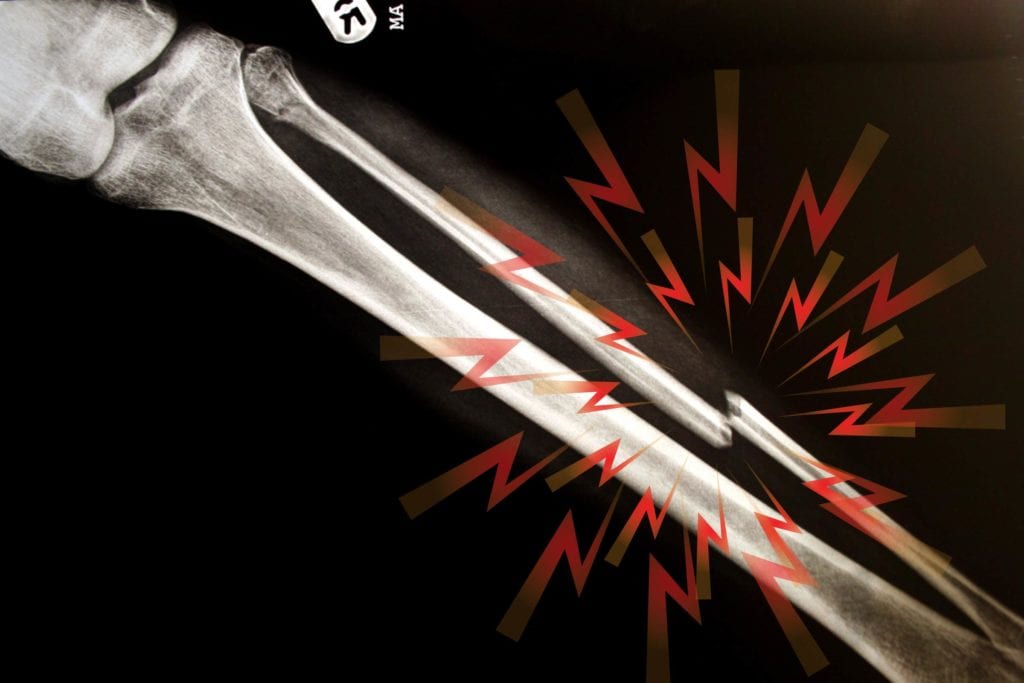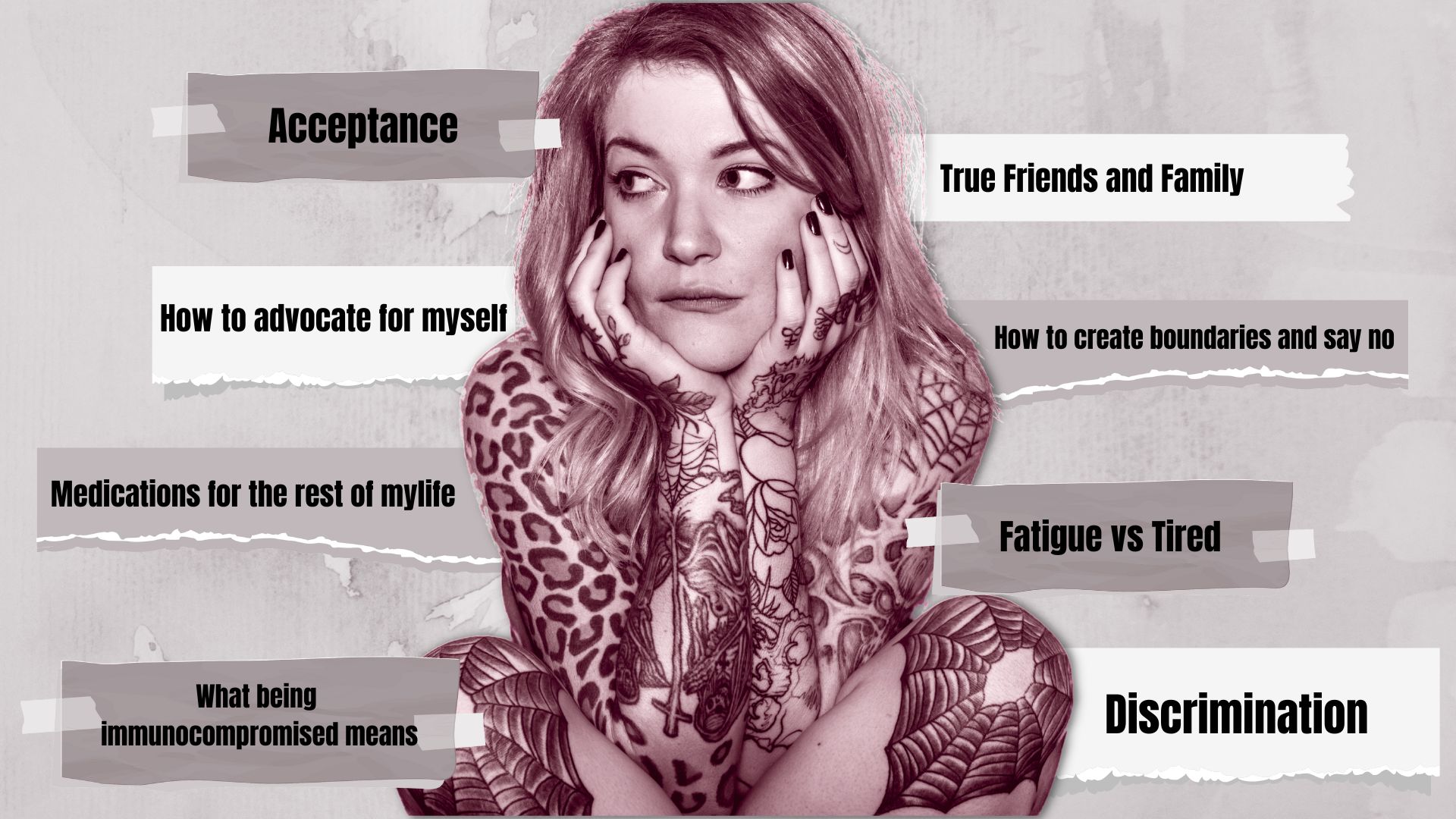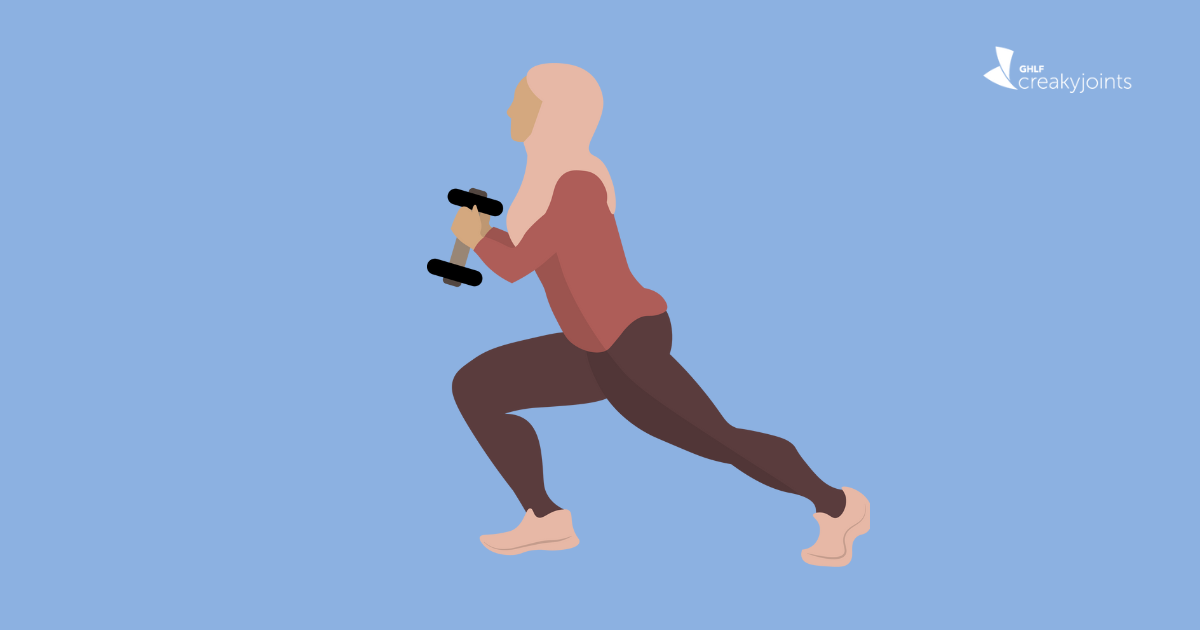

Getting older raises everyone’s risk of osteoporosis (weakened bones), a common issue that can have serious consequences: About half of all women and a quarter of men over age 50 will break a bone at some point.
But aging isn’t the only thing that raises your risk of osteoporosis. Certain medical conditions, including rheumatoid arthritis (RA), also make you more vulnerable to thinning bones and related breaks.
If you have RA, you may already be aware of this link, but whether you really have to worry about your bone health until you’re older hasn’t been clear. However, a new study published in the Indian Journal of Endocrinology and Metabolism suggests that the time to strengthen your skeleton is right now.
In general, a woman’s risk of osteoporosis goes way up after menopause (usually around age 50), because that’s when levels of the hormone estrogen — which protects your bones — drop.
This new study found that women who are much younger and not yet menopausal are also at high risk of thinning bones if they have RA.
Researchers followed 96 premenopausal women with RA who were 20 to 45 years old and compared them to a control group (similar age, height, and BMI, but did not have RA). Perhaps not surprisingly, participants with RA tended to have lower bone mineral density.
Some of the young RA patients already had full-blown osteoporosis, but osteopenia — a condition that’s a precursor to osteoporosis — was even more prevalent. Nearly 18 percent of women in the RA group had osteoporosis when measured at the wrist; 56 percent of them had osteopenia when tested at that spot. Osteopenia was also common when measured at the spine (25 percent) and hip (32 percent).
RA and Osteoporosis: Understanding the Link
Calvin J. Brown, MD, a rheumatologist at Northwestern Memorial Hospital in Chicago, told MedPage Today that RA patients are at higher risk for bone thinning because the inflammation associated with the disease produces chemical messengers, called cytokines, that can interfere with the formation of new bone cells.
Another factor: Many RA patients take steroid medications, drugs that help with pain and inflammation, especially during acute symptom flares. These drugs can also decrease bone density. In this particular study, however, young women who used steroid medication had similar bone mineral density scores as those who used different treatments.
The study authors conclude that everyone should be tested and, if necessary, treated for bone thinning as soon as they get an RA diagnosis. Your doctor may advise consuming more calcium and vitamin D, taking supplements, or using osteoporosis medication. Weight-bearing activity can also help strengthen your bones, but ask your doctor about which exercises are safe for you to do with RA.
Keep Reading
- 6 Supplements and Vitamins for Arthritis that Doctors Approve
- Psoriatic Arthritis Can Cause Different Kinds of Bone Damage (and Surprisingly, Psoriasis Might Too)
- Are You Getting the Right Screening for Osteoporosis? What a Recent Study Says





